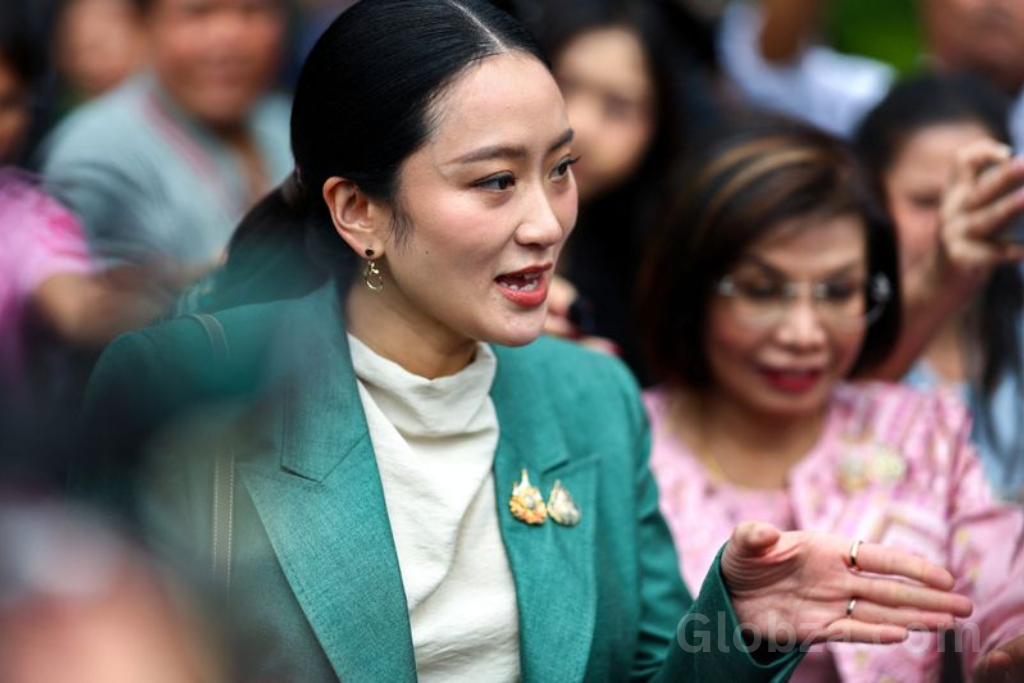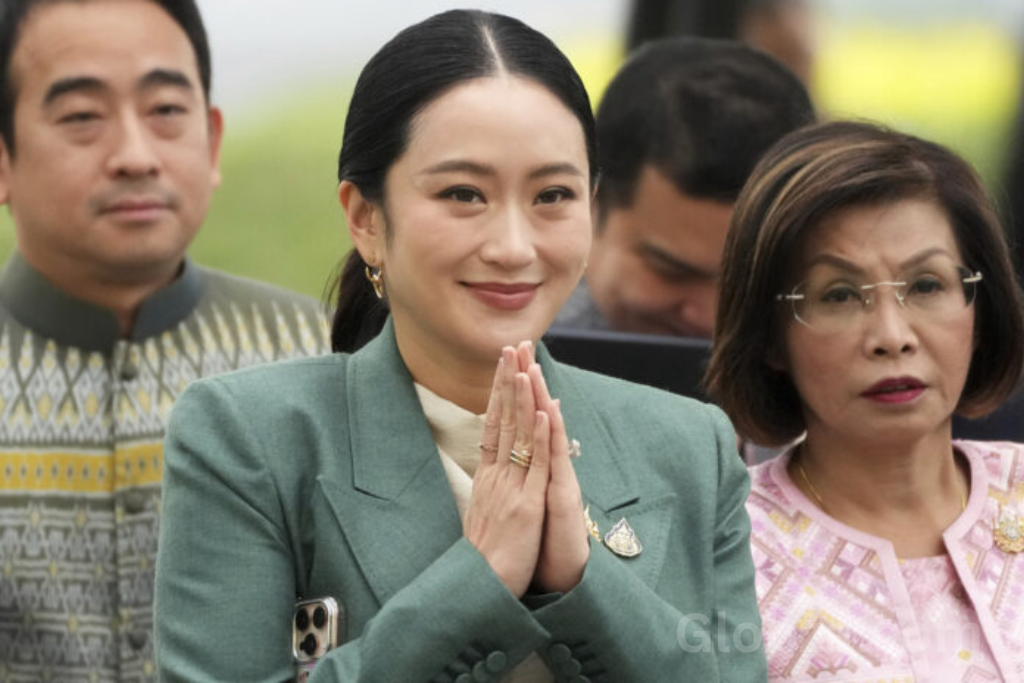Introduction
The Thai prime minister suspended by court order after a leaked phone call has thrown Thailand into political turmoil. The audio recording, widely circulated on social media, raised serious allegations about potential abuse of power and manipulation of legal processes. “This is a fundamental test of accountability,” stated Dr. Anucha, a Thai political science professor. The Thai prime minister suspended in this dramatic way highlights growing public frustration with government transparency and ethics. Many citizens now demand thorough investigations, while some warn about possible political motivations behind the suspension. The entire country is waiting to see how the legal proceedings will unfold and what consequences may follow.
With protests building and the economy fragile, this moment could shape Thailand’s leadership and institutional strength for years to come. The Thai prime minister’s suspension is no minor matter — it represents a crossroads in the nation’s political story.
Political Fallout from the Thai prime minister suspended Decision
The Thai prime minister suspended ruling has had major consequences for Thailand’s fragile coalition politics. Opposition groups view the suspension as a triumph of rule of law, while loyalists accuse the court of destabilizing an elected government. “No one should be above investigation,” opposition leader Ms. Kittiya declared. Parliament is now in disarray, with no clear plan to fill the leadership vacuum if the suspension drags on. Analysts warn the crisis could weaken democratic norms if political tensions continue to rise.
At the same time, the Thai prime minister suspended pending investigation shows that checks and balances are still functional in the country’s constitutional framework. How fairly the judiciary proceeds will determine if the public sees this as a victory for democracy or a dangerous overreach by the courts.

Public Reactions to the Leaked Phone Call
The leaked call that led to the Thai prime minister suspended status has sparked huge public protests. In Bangkok and beyond, demonstrators have called for reforms and demanded answers. “It is about time the powerful are held accountable,” said protestor Aranya, holding a sign demanding truth and transparency. Social media has amplified these calls for justice, making it harder for authorities to ignore them. However, not everyone is convinced the call is authentic, and rumors about editing or manipulation have further divided the public.
Businesses worry the protests could hurt tourism and sales. Small shop owners, who still struggle from the pandemic’s impact, fear renewed street clashes will drive customers away. Overall, the leaked call has ripped open deep tensions between government supporters and opponents.
Legal Framework behind the Thai prime minister suspended Case
According to Thailand’s constitution, a prime minister can be suspended if credible evidence of wrongdoing emerges. The constitutional court acted after the leaked phone conversation appeared to show potential misconduct. “The constitution provides strong safeguards for integrity,” explained Professor Pravit, a constitutional law expert. The Thai prime minister suspended ruling will now undergo a legal review to verify whether the allegations hold up in court. Both government and opposition lawyers are preparing for a fierce battle, with the public demanding a transparent process free of political gamesmanship.
This case is a reminder that no leader should be immune from accountability. Yet it also raises concerns about weaponizing leaks to remove officials without a full investigation. The Thai public hopes for a fair trial that respects both democracy and the rule of law.
Economic Impact of the Thai prime minister suspended Drama
Thailand’s financial markets have been rattled since the Thai prime minister was suspended. Stock prices dipped, and the baht weakened against other currencies as investors feared prolonged political instability. “Business confidence is built on stable governance,” said economist Somchai Viroj. Tourism agencies also reported cancellations after the protests broke out. Thailand relies heavily on tourism revenue, and even brief political turmoil can harm its global reputation.
People working in agriculture and small businesses are especially worried about programs stalling while the prime minister is out of office. Delays in subsidies or price support could hurt farmers during critical harvest periods. Unless the suspension is resolved quickly, Thailand risks sliding into deeper economic hardship.
Media Coverage and Public Narratives
The Thai prime minister suspended news has dominated local and global headlines. Journalists continue to analyze the leaked call, interview political figures, and track public protests. Some networks have framed the crisis as a democratic stress test, while others see it as evidence of a flawed system. “We are living through a turning point,” wrote columnist Siriporn in the Bangkok Daily. Social media, meanwhile, has become a battlefield of rumors and counterclaims. Verifying facts is increasingly difficult, especially as both sides push competing narratives.
Responsible reporting will be vital to prevent disinformation from spreading. Ultimately, the role of the media in a crisis like this is to give citizens the facts they need to make informed decisions about their government’s future.

International Reactions to the Thai prime minister suspended Crisis
The Thai prime minister suspended crisis has triggered diplomatic statements across Southeast Asia. ASEAN members are calling for calm and respect for democratic procedures. Western allies have expressed measured concern, urging Thailand to uphold human rights while investigating the phone call’s authenticity. “Stability in Thailand benefits the entire region,” said a spokesperson for Singapore’s foreign ministry. Trade partners fear the turmoil could disrupt negotiations on regional deals if the crisis continues.
International human rights groups also emphasized that protestors should be free to demonstrate peacefully. The coming weeks will show whether Thailand can preserve both stability and democratic accountability during such a politically sensitive case.
Conclusion
The Thai prime minister suspended after a leaked phone call shows how fragile political trust can be in a divided society. Whether this moment leads to deeper reforms or worsens the country’s divisions depends on how fairly the courts proceed. “We must not waste this chance for accountability,” Dr. Anucha urged in a recent interview. Citizens and institutions alike will have to protect democratic processes while avoiding chaos. The world is watching to see if Thailand can balance justice with stability and move forward together.
Ultimately, the Thai prime minister suspended episode reminds everyone that public confidence is hard to win and easy to lose. Only a fair, transparent, and lawful resolution will help rebuild trust in Thailand’s democracy.




